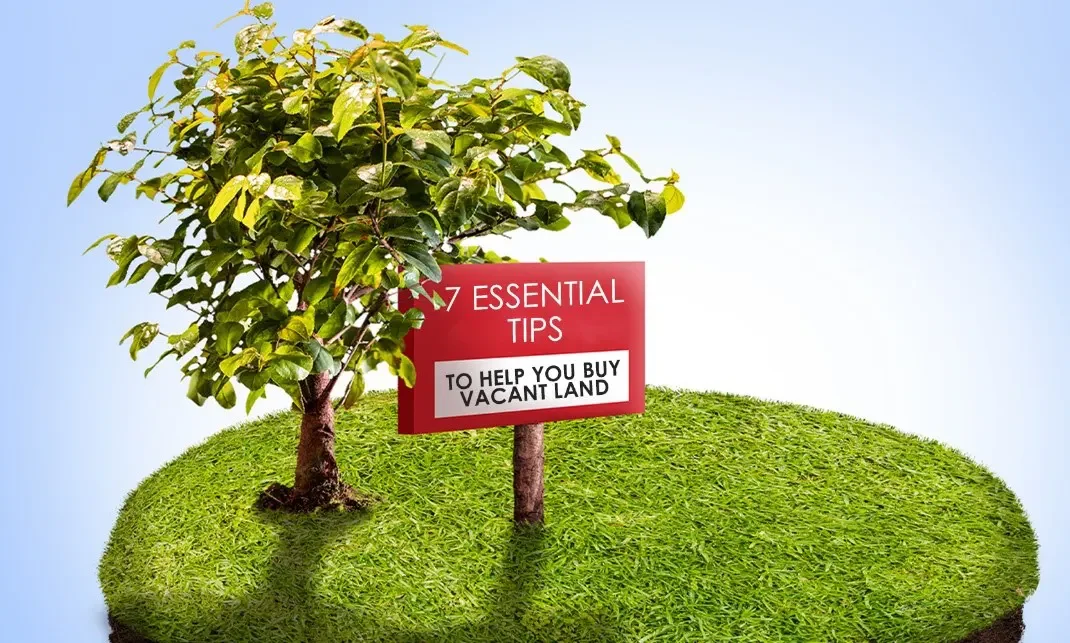Vacant Land Guide: 7 Tips for Buying Vacant Land with Confidence
As an investor myself, I can tell you that buying vacant land can be one of the smartest and simplest real estate decisions you ever make. Even though it’s simple and “just land”, that doesn’t mean there aren’t things to be aware of. In any real estate transaction, it’s important to do your due diligence first and make sure the land can be used the way you intend – weather that’s building, farming, holding, or just enjoying it!
Here are 7 essential tips to help you buy vacant land with clarity and confidence.
1. Know Your Purpose
Get clear on why you’re buying land. Do you want to build on it? Hold as an investment? Use it recreationally? Your intended use for the property will help you create goals on what to look for.
2. Check the Zoning
Not all land can be used for the purpose you want. There are many different types of zoning- residential, agricultural, commercial, recreational, etc. It’s always best to contract the local county zoning department before buying.
3. Understand Access
Make sure you understand how to access the property. A lot of properties have legal access via a public road or deeded easement. You can’t assume that just because it has a physical path or dirt road that you’re legally allowed to use it. We recommend contacting a title company to confirm this. However, just because a property doesn’t have legal road access doesn’t necessarily make it useless. There are many ways to create an easement to get to your lot and in most cases this adds value to your property – creating a phenomenal investment opportunity!
4. Research Utilities and Water
If you plan to develop the property, you’ll want to understand the steps needed to get utilities to the property. In most cases, if the property is within city limits, water, sewer and electricity will be available via utility companies or city services. If your property needs a well or septic, you’ll want to investigate costs to get everything set up.
5. Visit the Land (If You Can)
If possible, visit the land in person. The next best substitute for seeing it with your own eyes is a drone video. You’ll be able to get a feel for the terrain, surroundings, and overall vibe of the property.
6. Ask About Property Restrictions
Even if zoning allows your intended use for the property, there still could still be restrictions. Make sure you’re familiar with any HOA rules, deed restrictions and environmental protections. Always ask if there are any restrictions tied to the land before committing.
7. Buy from Someone You Trust
Whether it’s your first land purchase or your tenth, who you buy from is important. At Good Soil Land, we make sure every property is clearly represented, priced under market value and backed by a simple, secure buying process. There are never any pressure or hidden fees. We strive to understand your land buying goals and match you with a property that fits!
Ready to Buy Land with Confidence?
Whether you’re looking for a quiet retreat, a future homesite, or a smart investment, I’m here to help you find the right property—and guide you every step of the way.
Reach out today or browse my current land listings to start your search for your next lot. Click here to contact us!

